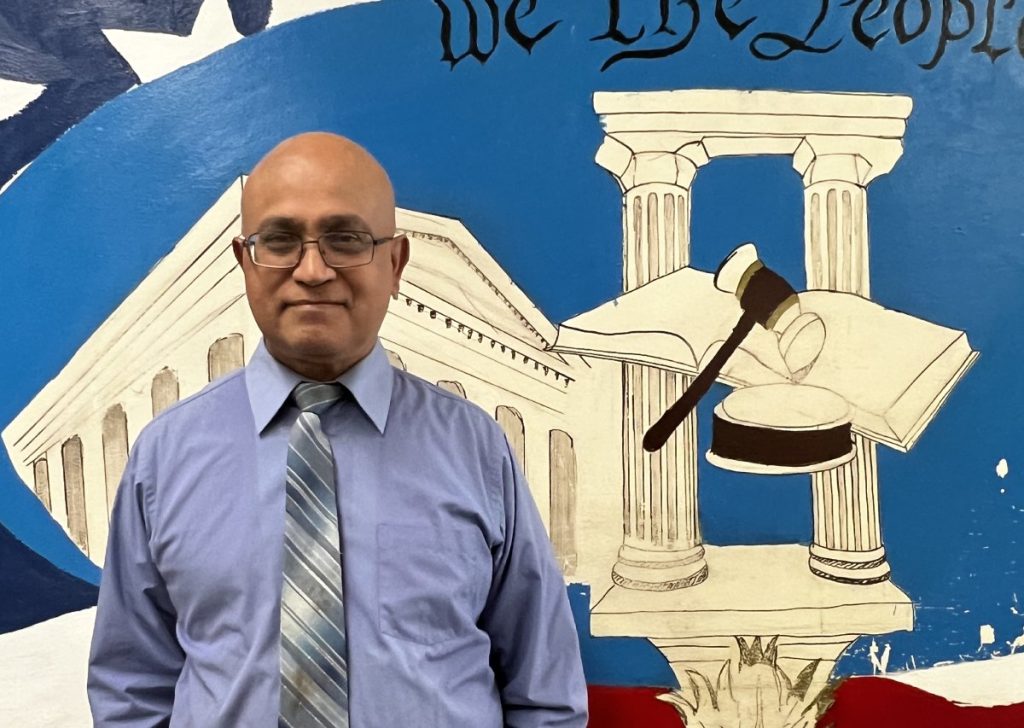Articles were penned on Guyana Sugar Corporation (GUYSUCO) in Stabroek News by Tony Vieira (Feb 8) and Devendra Kumar (Feb 9). They both lamented on the shortage and competency of labor (technical, managerial, and manual) as factors in the decline in productivity of the sugar industry in Guyana. That is indisputable as there is an acknowledged shortage of labor by the government and private sector of all (or lack of) skills set across all industries.
Coming from Ankerville, Port Mourant, gao (village) of the Jagan’s and of my ancestors from both of my parents, the sugar industry touches my heart and soul. Port Mourant was an estate where Indian indentured laborers (girmityas) were bounded. I want to see it succeed and the state of the company attracted my interest.
Some two decades ago, recognizing the issue of declining productivity and labor shortage at the estates, a major problem in Guyana, l pointed out the need to get reliable labor (especially manual laborers to cut and load cane) from sources outside of Guyana. I offered my service free of cost to recruit labor from the sugar growing areas of India. Ravi Dev, who is also from a sugar estate (Uitvlugt) and who has been very emotional about the decline of the industry, wrote extensively on the subject. He and I and others have been discussing the future of the industry for over two decades. Ravi endorsed the idea of recruitment of labor from India from the Bhojpuri belt – the same kind of laborers who were indentured in Guyana and elsewhere (1838-1921). He advised that in my frequent trips to India I looked into the possibility of bringing sugar workers from India to meet the needs of the estates. We also talked about bringing managers and investors from India and research the best quality cane that could grow in Guyana. At Ravi’s urging, I went to India and visited sugar factories in the state of Uttar Pradesh, where most Indian Guyanese originated, and outside Mumbai (Maharashtra state). In both places, I met with workers and queried their interests to work in Guyana; large numbers of farm workers in Maharashtra are from the sugar belt of UP and Bihar (another state that sent indentured to Guyana) and from other states. Great interest was shown by the laborers to come work in Guyana. Even technical and managerial staff were willing to make the journey. The technical people, the agronomists, explained the right kind (newly developed variety) of cane that would be planted for higher yield. I discussed the matter with officials of GUYSUCO and the Ministry under different managements and governments. They all gave the go ahead to bring workers from India but offered no resources for implementation. It was lip service; there was no serious interest to save the industry. Officials were only interested in filling their own personal deep pockets.
When the coalition announced that three estates would be shuttered, Ravi Dev and I again intervened to save the industry and jobs of eight thousands. Dev urged that I again traveled to India this time to recruit investors in another effort to save the industry. I went to India in 2015 and again in 2016 and succeeded in getting a group of investors (who own profitable sugar mills in Maharashtra and two African countries) to acquire the planned closed estates and even all of GUYSUCO. Ravi Dev wrote to then President Granger requesting a meeting to discuss the matter. Granger advised that he meet with the Agriculture Minister and two other Ministers (Finance and Industry) and instructed the Ministers to meet with Dev. Dev met them, taking two prominent individuals (one an African lawyer and another an investment banker) with him to the meeting. As Dev related, there was no interest in saving the estates or GUYSUCO. Our appeal to government to give us a chance to bring investors to save the estates destined to be closed and by extension the jobs of the many thousands was rebuffed
Post-coalition, advice was offered on labor recruitment and management on rescuing GUYSUCO. Government people agreed but offered no resources for implementation of any suggested plan; it was all lip service! Several experts on the industry – good people from the likes of Tony Viera to Nanda Gopaul to Pandit Vishnu Panday to all the skilled and experienced technical people — offered their views on turning around GUYSUCO. For whatever reasons, they were all rebuffed. They have all washed their hands off GUYSUCO.
Government knows and recognizes what needs to be done to save GUYSUCO but is not taking the right measures. You can’t do the same thing again and again and expect different results each time. GUYSUCO can be turned around. The will and interest to rescue or turn around the industry, to do the right thing, has not been amply demonstrated. It is inexplicable! Good people have been walking away from the industry and the company is collapsing!
